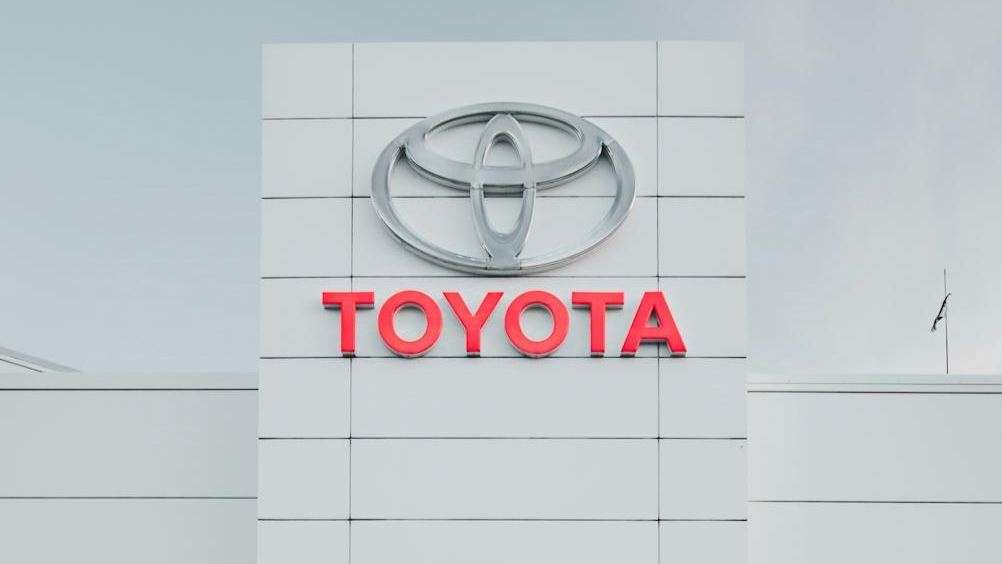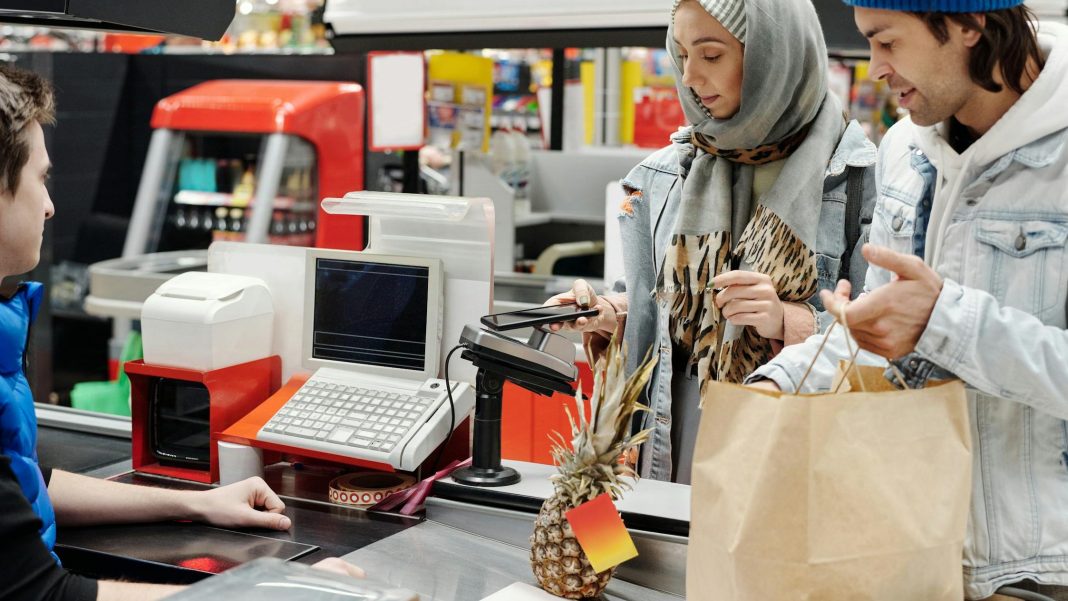The African automotive landscape is rapidly evolving, driven by a growing middle class, urbanization, and an increasing demand for mobility solutions.
As the continent continues to develop, certain car brands have emerged as favorites among consumers, reflecting a blend of practicality, affordability, and style.
In this article, WoA will explore the most popular car brands in Africa, examining what makes these brands stand out in a competitive market.
1. Toyota
Toyota’s history in Africa began with the export of its first model, the Land Cruiser, to South Africa in 1959.
The establishment of Toyota South Africa Motors (TSAM) in 1962 marked its commitment to local assembly and production, which included popular models like the Hilux and Corolla.
Over the decades, Toyota’s vehicles gained popularity for their durability and adaptability to African conditions, becoming a trusted brand across the continent.
Today, Toyota operates in 53 African countries, maintaining a strong market presence through tailored products and local manufacturing.
2. Hyundai
Hyundai Motor Company, founded in 1967 in South Korea, began its expansion into Africa in the late 1990s.
In South Africa, Hyundai Automotive was established in 1999, achieving a 10% market share by leveraging local assembly and aggressive marketing strategies.
The brand has gained popularity across Africa, competing closely with Toyota and even surpassing it in countries like Algeria and Egypt, capturing about 12% of the continent’s market share.
Hyundai’s focus on affordability and robust models has significantly contributed to its success in the region.
3. Renault
Renault, founded in 1899, expanded into Africa in the mid-20th century, notably with the successful Dauphine model.
Today, it holds an 18% market share on the continent, primarily in North Africa and South Africa, where it operates significant manufacturing plants.
Renault’s strategy focuses on local partnerships, such as its collaboration with Nigeria’s Coscharis to produce popular models like the Duster.
4. Nissan
Nissan’s history in Africa began with the establishment of Nissan South Africa in 1966, following earlier vehicle assembly operations starting in 1963.
The Rosslyn plant became a key manufacturing hub, producing models like the Nissan 1400 and later the NP200, which significantly contributed to local job creation and economic growth.
Over the years, Nissan expanded its presence in 45 African countries, introducing vehicles tailored to local needs, including Africa’s first electric vehicle, the Nissan LEAF, in 2014.
Today, Nissan remains a top automotive brand in South Africa and continues to invest in the continent’s automotive potential.
5. Range Rover
The Range Rover, launched in 1970 by British Leyland, was designed to combine luxury with off-road capability, setting the standard for luxury SUVs.
Its development was driven by a recognition of market demand for a versatile vehicle that could navigate both urban and rugged terrains123.
In Africa, the Range Rover gained popularity due to its robust performance in challenging landscapes, appealing to both affluent consumers and adventure enthusiasts.
Its reputation for reliability and luxury made it a status symbol across the continent, contributing significantly to its enduring success in the region.
6. Mercedes Benz
Mercedes-Benz, founded by Karl Benz and Gottlieb Daimler in the late 19th century, made its mark globally with the first internal combustion engine car in 1886.
The brand entered Africa with the import of the Benz Velo in 1896, and established a manufacturing presence in South Africa in 1973, becoming the first country outside Germany to produce Mercedes engines.
Over the years, it gained popularity in Africa due to its luxury vehicles and strong local manufacturing capabilities, contributing significantly to the automotive landscape.
7. BMW
BMW, founded in 1916, began producing cars in 1928. Its first international plant opened in South Africa in 1973, marking a significant expansion into the African market.
The Rosslyn plant has since become crucial for local assembly and exports, particularly the popular 3 Series model.
BMW’s commitment to South Africa continued post-apartheid, with substantial investments enhancing production capabilities.
Today, BMW is one of the most favored luxury brands in South Africa, reflecting strong local demand and a robust automotive market presence.
8. Volkswagen
Volkswagen began its journey in South Africa in 1951, when the first Beetle was assembled in Uitenhage.
Over the decades, it became a significant player in the local automotive market, achieving a peak market share of 21.6% in 2020.
The company expanded its presence across Africa, establishing assembly plants in Kenya (2017), Rwanda (2018), and Ghana (2020) to cater to growing demand.
9. Suzuki
Suzuki, founded in 1909 in Japan, initially produced weaving looms before entering the automotive industry in the 1950s.
The brand made its South African debut in the early 1980s, gaining popularity with models like the Alto and Swift due to their affordability and efficiency.
After exiting the market in 2004, Suzuki reestablished itself in 2008, focusing on compact vehicles tailored to local needs.
This strategy led to significant growth, making Suzuki the third most popular passenger car brand in South Africa by 2024, thanks to its reliable and affordable offerings.
10. Ford
Ford’s history in Africa began with the establishment of Ford Motor Company of South Africa (FMCSA) in 1923, following the success of the Model T.
The first assembly plant opened in Port Elizabeth, producing vehicles from kits imported from Canada.
By 1925, Ford dominated the South African market, with nearly three times the vehicles of its nearest competitor.
Over the decades, Ford expanded its operations, introducing models like the Cortina bakkie and Ranger, which became popular due to their adaptability to local needs.



